Stop food waste! The Too Good To Go revolution, which unites business owners and consumers. Just one small click to make a big change.
At first glance, Alex Atala - Milad Alexandre Mack Atala - looks like a rockstar: charming and cool. Brazilian with Palestinian origins, born in 1968, with three children, he is considered to be one of the most interesting minds in world cuisine today. But he has two souls living side by side, as the career of one of the world's best-loved chefs came about by chance: leaving for Europe to explore punk rock culture, he enrolled in a cooking school only to give him the right to remain, but then discovered he had talent. "I never dreamed of being a cook", he would tell the Financial Times.
It was only after working in some of the most prestigious kitchens in France, Belgium and Italy that he returned to Brazil, to Sao Paulo, to bring his gastronomy project to life, and in 1999, with D.O.M. Restaurant, he ushered in a new era of Brazilian cooking.
D.O.M. stands for Deo Optimo Maximo - the motto of the Benedictine monks - but also for Domus, the home of modern Brazilian gastronomy, which carves out a space for multiculturalism and biodiversity.

In 2006, the restaurant was added to the prestigious list The World's 50 Best Restaurants, and in 2014, while Brazil was hosting the Football World Cup, it received two Michelin stars.
The secret of his success lies in his passion for cooking, and above all, in the indigenous ingredients coming from Amazonia. A rewarding effort to reconnect cooking and land, the territory and its origins. A choice that aims to protect the environment and support the economy of the local community: here cooking takes the shape of a true mission, from both an ethical and a cultural perspective.
His message is clear: "Take care of Amazonia".
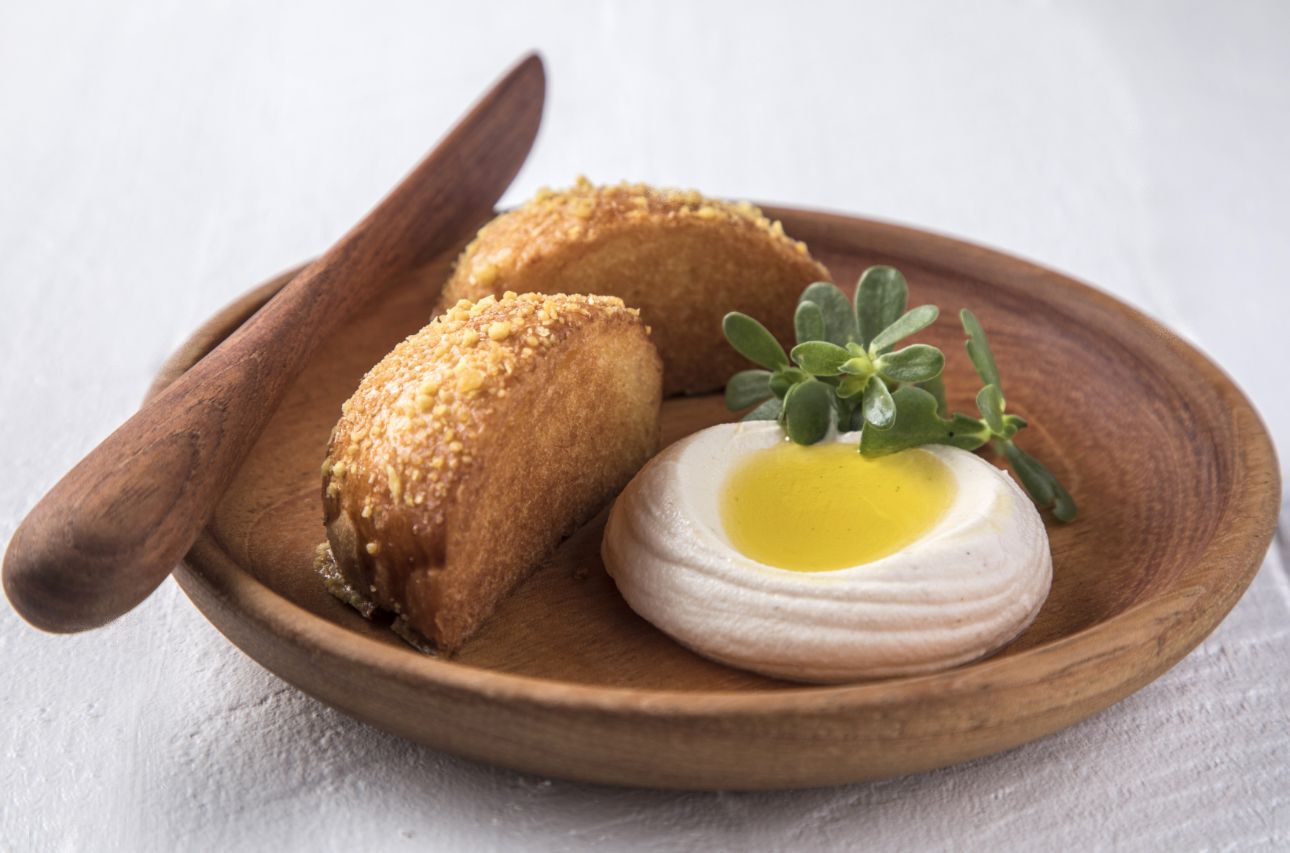
A cuisine that gives value to the product, and not the act of cooking. If we understand that the fundamental value lies in the raw ingredients, cooking gains the potential to regenerate the primordial connection between mankind and nature, based on a healthy balance between what we take and what we restore.
"The real luxury is the ingredients", maintains Alex. "Biodiversity is a word that has little value when it comes out of your mouth, but it has enormous value when it is used correctly, because it describes territories, microclimates, diverse cultures; it describes true richness, the richness of biodiversity."
"Today, the act of eating has become uncoupled from the act of getting food. It is clear that we have lost the awareness of the phases that come before."
Responsibility is how mankind can and must return to our connection with ingredients.
In fact, the new meat-eating movement is gaining traction by focusing on responsibility; it shares the idea of the right of animals raised for meat to have a healthy, and as much as possible, natural life, and goes along with the waste-free culture of using all of the animal and making sure only local meat from sustainable farms is sold in shops. Atala has great respect for nature and for life, even more so when it is ended in order to feed mankind.
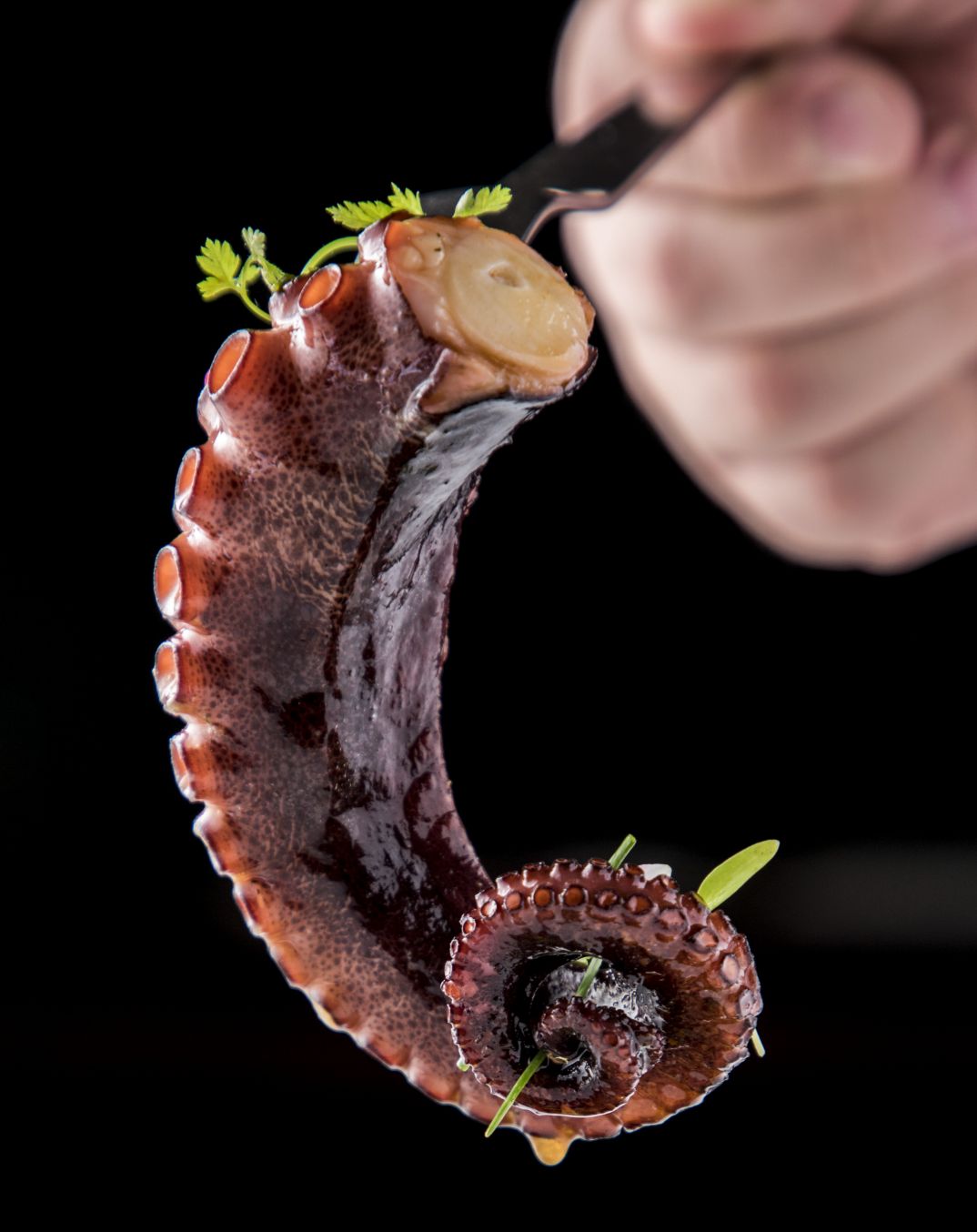
"The chef that gets his groceries in Amazonia" - as he is often described - rediscovers the typical ingredients of a native diet, the products of the territory, going to pick them up from small-scale producers. Among the forgotten exotic foods that we can taste in his dishes are: açai berries, priprioca (an aromatic root), jambu (a herb that causes an electric, anaesthetic effect in the mouth), baru (a type of nut similar to cashew), pupunha (a red fruit very similar to a tomato) and cupuaçu (another typical Amazonian fruit similar to a coconut). Atala also does not shy away from using ants in his dishes, which have a flavour like ginger and citronella, serving a generous portion on a bed of pineapple.
A hunter, fisherman and great connoisseur of the ingredients from the Amazon, Atala doesn't restrict himself to a chef's hat and apron, but also dons his hiking boots to accompany anthropologists and researchers on trips to discover ingredients to add to his menu - many of which, for us, have almost unpronounceable names.
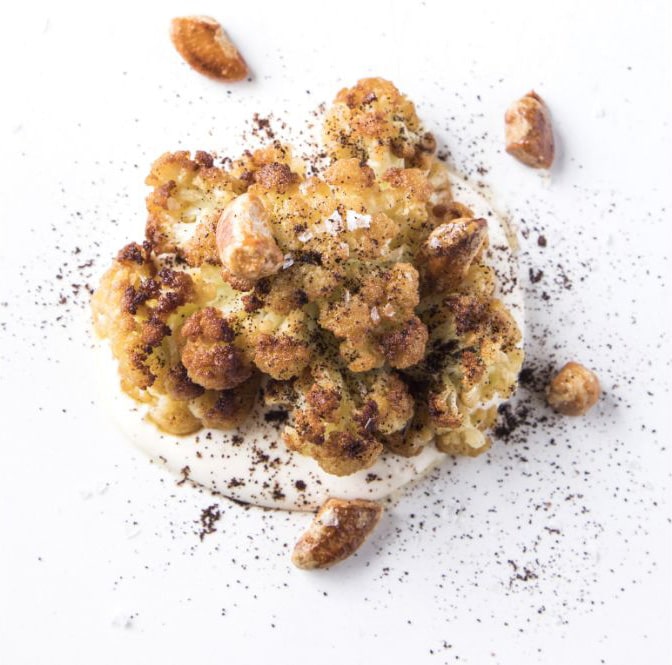
Recognised as one of the best chefs in the world, you have managed to introduce Brazil, and its cuisine, to the rest of the world. Do you consider yourself to be a native chef?
"The message I have always wanted to spread with my cooking is the importance of the land and its biodiversity. If I go to Italy, it is not to eat escargots; if I go to Paris, it is not to eat pizza. It is the task and the duty of every chef to pay homage to and promote local products, as a tribute to the earth and the local economy."
In your opinion, what do Italian cuisine and Brazilian cuisine have in common?
"Sao Paulo, where I was born and grew up, is a city with many Italians, and a high level of cultural contamination.
There are a great many similarities, and they are above all cultural, even more than food-related. The ingredients change, but the love and respect for food echoes the same traditions."
What are your three favourite Italian dishes?
"Without a doubt: spaghetti with bottarga, bollito misto and orecchiette with broccoli rabe."
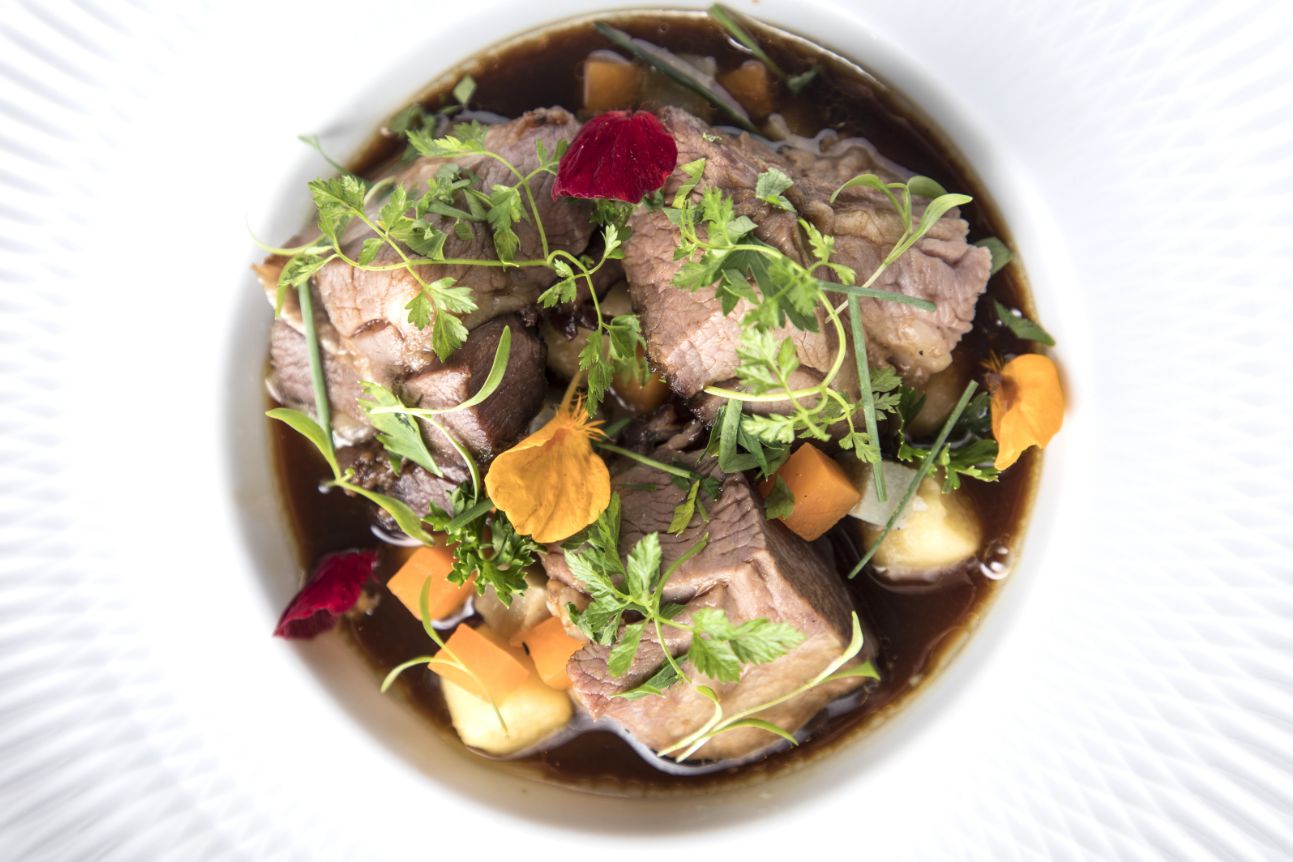
What is the most important lesson you have learned from Italian cooking?
"From Italian cooking, I learnt most importantly that "simple" does not necessarily mean "easy". I still remember when I worked in an Apulian restaurant, and they asked me if I knew how to make orecchiette; of course, I said. When, after an hour, the owner returned, he put his head in his hands and called his aunt and his mum, who, within a few minutes, with incredible dexterity, filled trays of orecchiette in no time. Unforgettable. I felt completely incompetent."
How can a chef help the planet?
"Cooks can do a lot to trigger change. The world of food has a considerable impact on society. Nature could survive without human beings. But the opposite is not true. To have raw ingredients, and quality ones, we have to make sure our land is fertile and that the community can cultivate it. My dream is to spread Brazilian cooking around the world, as much as possible. To give space and support to young cooks from my country. To introduce our raw ingredients to the world. But I would like every population to get back in touch with its own territory and give it value, appreciate it more. In my opinion, the most recent generations have lost a layer of culture and awareness that should belong to everyone - awareness of what surrounds us and nourishes us.
Today, I feel that we have the mission to fill that void and reawaken that culture and knowledge."
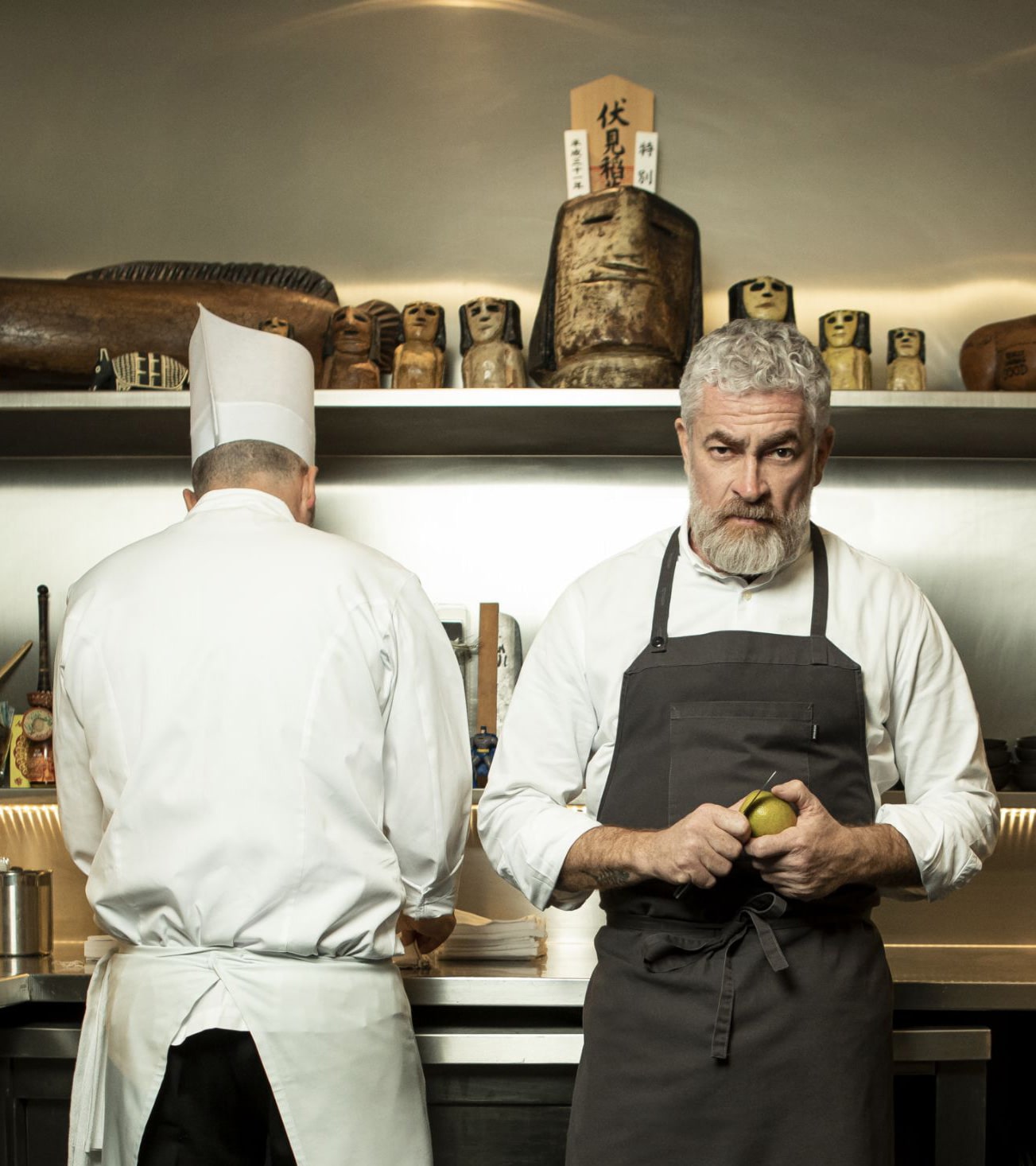
Images Credits:
- D.O.M
- Marco 22
- Dalva e Dito
- Marcus Steinmeyer
- Book Manihot - Pohl ManiocaFoto
Stop food waste! The Too Good To Go revolution, which unites business owners and consumers. Just one small click to make a big change.
The act of eating as a complex journey, full of sacred, agricultural, regional and identity-based connections.
